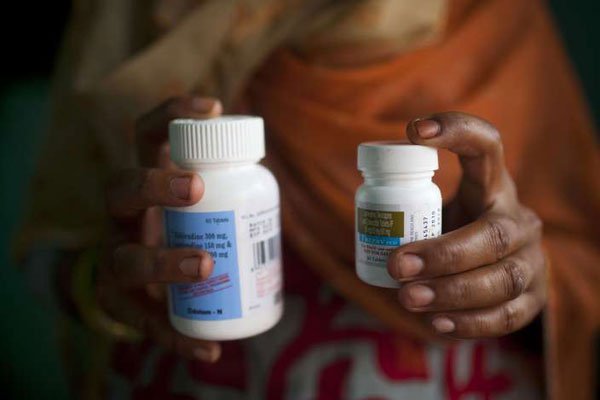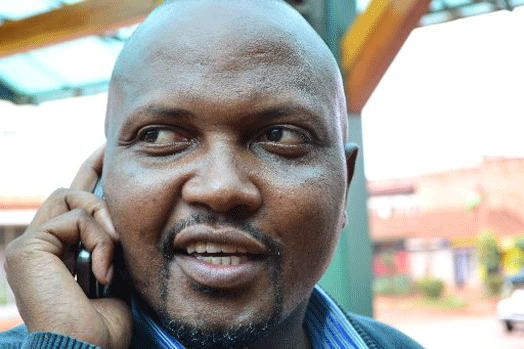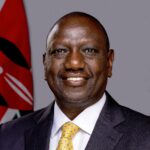UN member-states agreed on Wednesday to fast-track their response to end the Aids pandemic by 2030 despite a last-minute bid by Russia to dilute efforts to focus on drug users and gay men.

A political declaration was adopted by the 193-nation General Assembly that stressed the need to help intravenous drug users, sex workers, gay men, transgender people and prisoners who are at high risk of contracting HIV.
The HIV epidemic has been in decline over the past decade, but there are still 36.7 million people worldwide living with HIV/Aids, most of them in sub-Saharan Africa.
Secretary-General Ban Ki-moon told delegates that “Aids is far from over,” and that the world had an opportunity over the next five years to “radically change the trajectory of the epidemic.”
Ban appealed for treatment and services “without discrimination” to all people living with HIV. He singled out “young people, migrants, women and girls, sex workers, men who have sex with men, people who inject drugs, transgender people and prisoners.”
The political declaration builds on a previous UN Aids plan approved five years ago by placing more emphasis on those most vulnerable to HIV infection.
It sets out three targets to be reached by 2020: reducing new HIV infections, reducing mortality rates and eliminating HIV-related discrimination.
RUSSIAN AMENDMENTS FAIL
Russia late Tuesday demanded changes to the new focus by adding references to national legislation in provisions that mention gay men, drug users and prisoners, diplomats and civil society groups said.
The amendments were rejected over fears that these would allow Russia, Iran and other countries that criminalise homosexuality to deny anti-retroviral treatment and other services to gay men.
Russia has also balked at harm-reduction treatment such as syringe and needle programmes, even though the majority of HIV infections in that country are linked to drug injections.
Russian senior health official Dilyara Ravilova-Borovik told the gathering that while more must be done to end HIV/Aids, governments have a “sovereign right” to decide on their public health strategy.
The three-day meeting opened with a call to action from Nelson Mandela’s grandson, Ndaba, whose father Makgatho died of Aids in 2005. Makgatho was the late South African president’s last surviving son.
Ndaba Mandela urged the leaders of 35 countries that deny entry visas to people living with HIV — including Russia and Singapore — to “end travel restrictions now.”
“Bigotry and fear do nothing but spread the virus,” he said.
In the lead-up to the conference, Russia, 51 Muslim countries, Cameroon and Tanzania blocked 22 LGBT groups from receiving accreditation to the conference.
After the United States and the European Union protested the exclusion, 16 groups were included in delegations from other governments and non-governmental groups.













